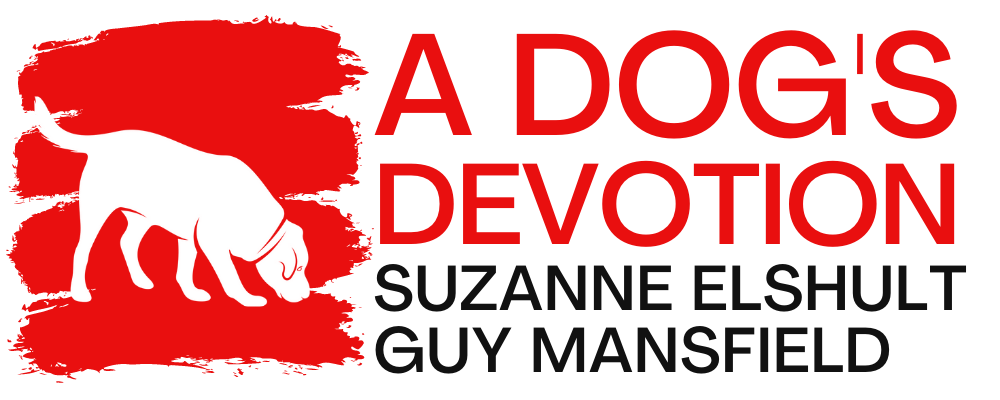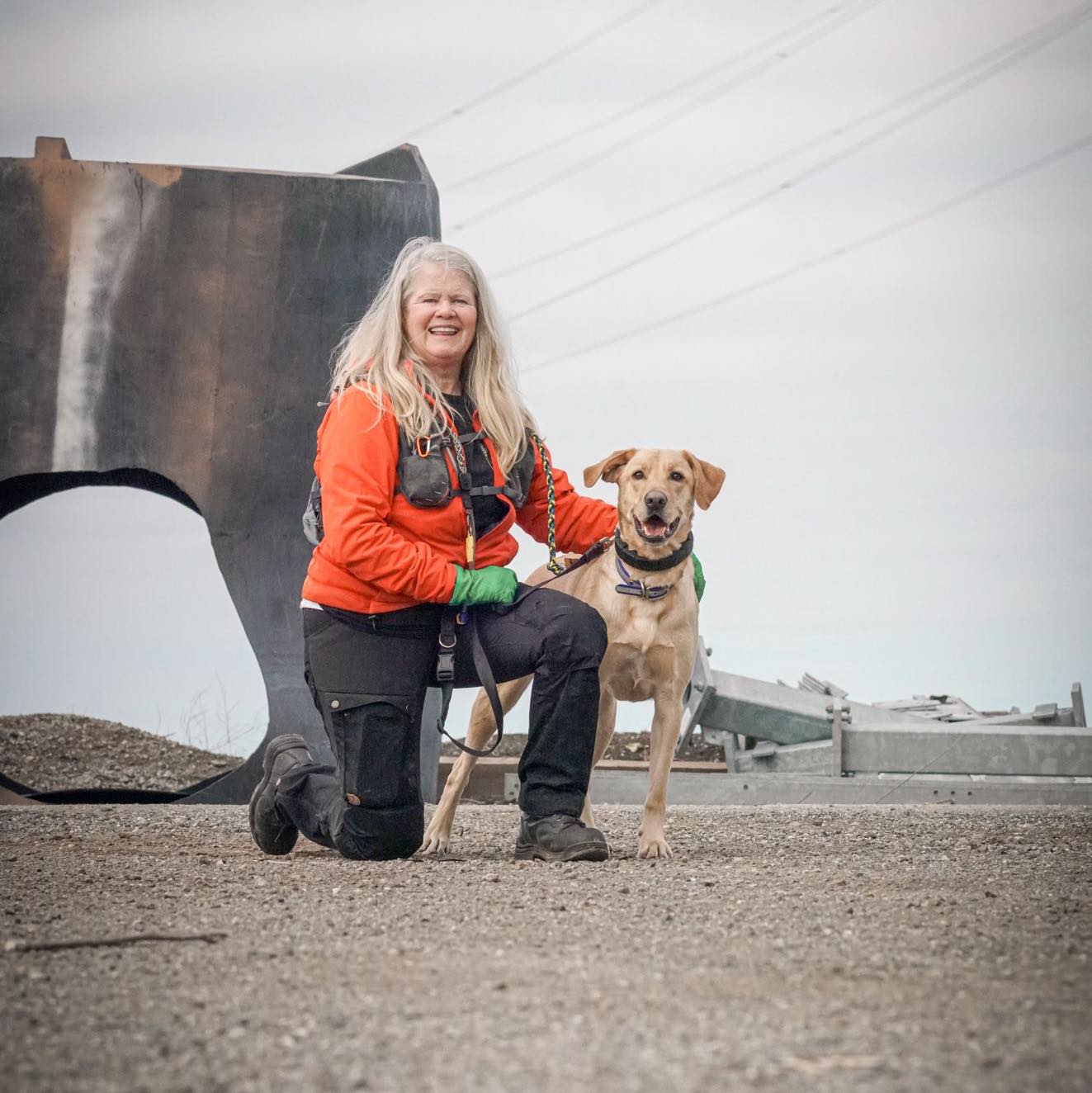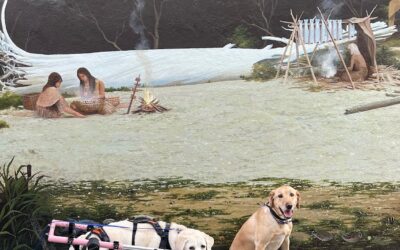Do you have days when you feel exhausted, stressed out, discouraged, overwhelmed or all-out defeated in your training with your four-legged partner? You are not making progress even though you have a plan and are doing everything – well at least most everything – right? It can be downright disillusioning? But, all is not lost, you may simply have reached a plateau in your training?
Plateaus are normal. If you have been there, know that you are not alone. Plateaus happen and they don’t last forever. With three-year old human remains detection dog Kili I ran into a plateau this Winter as he was steadfast in not staying at source. In some ways I had baked “shopping” into the behavior chain!!!
So, I had to face the challenge of getting unstuck? In order to break through I had to literally redefine success. And yes, we had to temporarily return to basics and do some serious work on rebuilding the behavior chain. Somewhere I read that for every time you repeat a behavior you subsequently want to remove, it takes you seven more times to undo and train the desired behavior. I knew we had some work ahead of us. The saving grace was that in having some twenty years of training SAR dogs I now have full faith in my ability to train and untrain behaviors and have developed the patience and ability to stay flexible in how I measure and redefine success as the context and situation changes. And, I was even finding a way to stay motivated in the “being temporarily stuck” state. Truth be told, I reveled in the whole idea of redefining success and taking on a new training challenge to allow me and Kili to move forward together in conflict free, fun training sessions.
Measurable and Subjective Criteria of Success. As I started taking apart our behavior chain, I focused both on measurable and more subjective criteria. For concrete measures I anchored my thinking into the “Ds” training model I learnt about as I went through the Karen Pryor Certified Training Partner Program a few years back. It was easy to incrementally increase measurable criteria by looking at Distance, Duration, Distractions and Difficulty:
- Distance – how far away from me does Kili do his trained final response,
- Duration – how long does Kili stay at source,
- Distractions – is Kili doing his trained final response at source at distance, staying put for increasingly longer times, and is he doing so in the face of distractions such as new environments and both intentional and naturally occurring distractions
- Difficulty – is he reliable when I increase the difficulty level in our assignment, for example introducing complex scent pictures, more advanced hiding spots and lower threshold hides.
Redefine Success. As I came up with a training plan and worked on redefining success, I focused on both measurable and more subjective criteria. As an “intuiter” I believe in staying flexible and open to adapt as I go along in my training knowing that the context is dynamic and always changing. I also subscribe to the idea that there are ways to stay motivated even when I wake up feeling stuck. Measurable criteria are important but success is also about how I feel. A sense of progressing as a team and sessions that are conflict free are important elements of success.

What will my dogs and I do next time we feel stuck in our training? There are so many options: We can throw our hands and paws up in the air and quit. We can just stick to our plan, make no changes, ride the wave and hope we will eventually get unstuck. We can train more, train less or take a break from training. OR, we can step back, redefine success and find new ways to measure progress. Lack of progress does not necessarily mean we are doing something wrong. If we are still working hard, still have our eyes on where we want to end up – and are willing to change our definition of success, I and my dogs might just be freed up to move forward, keep maturing in our partnership and exponentially improve how we dance together.




0 Comments